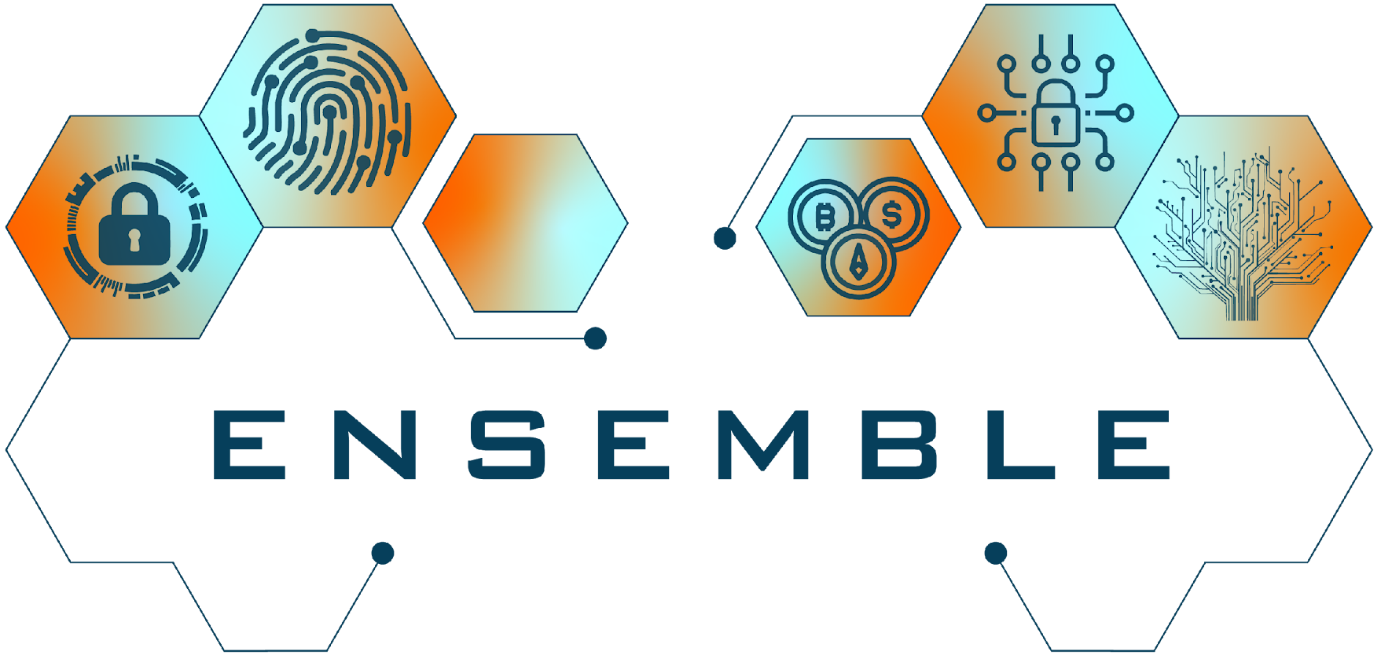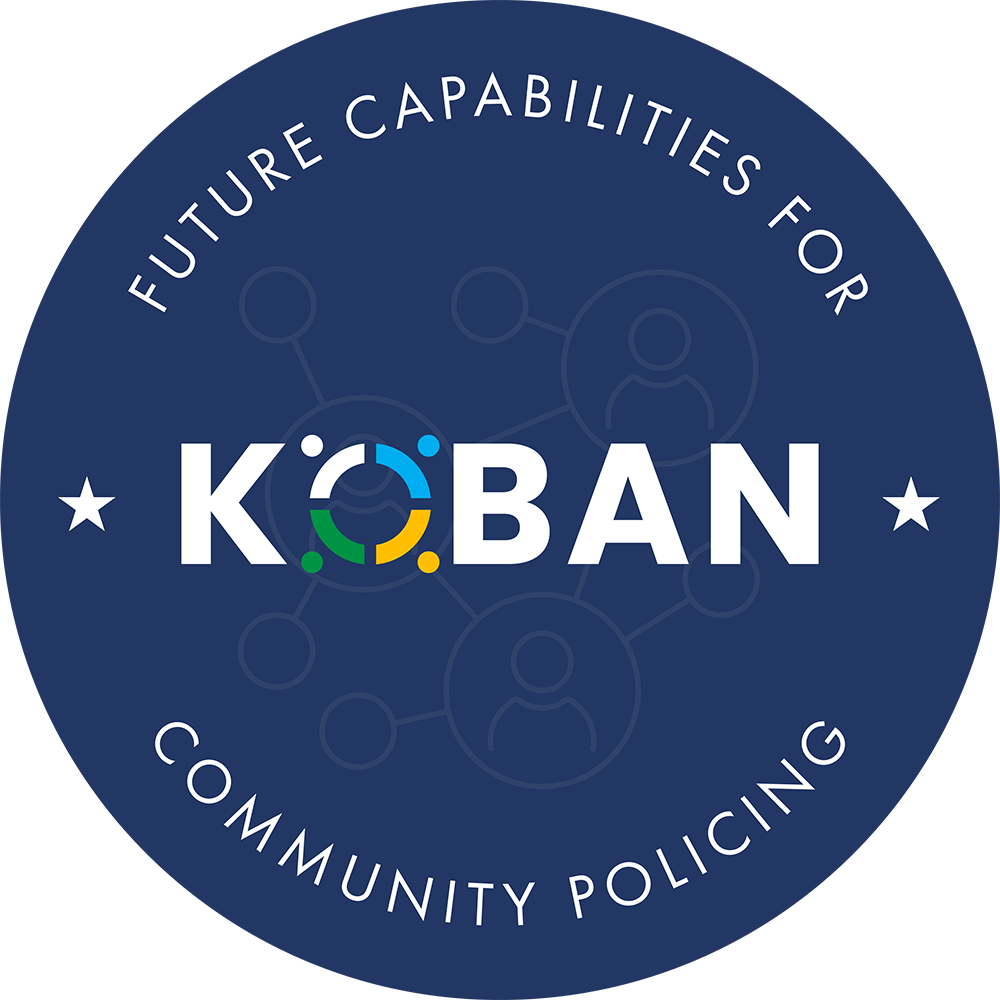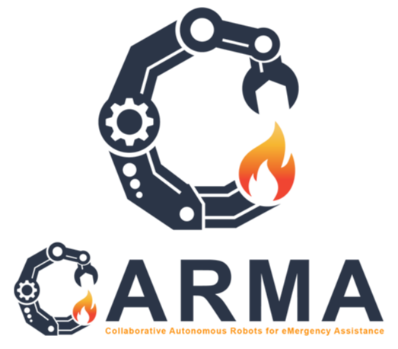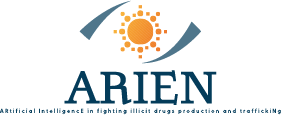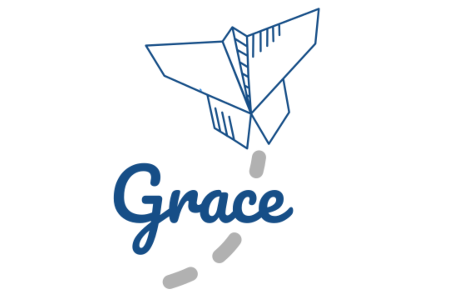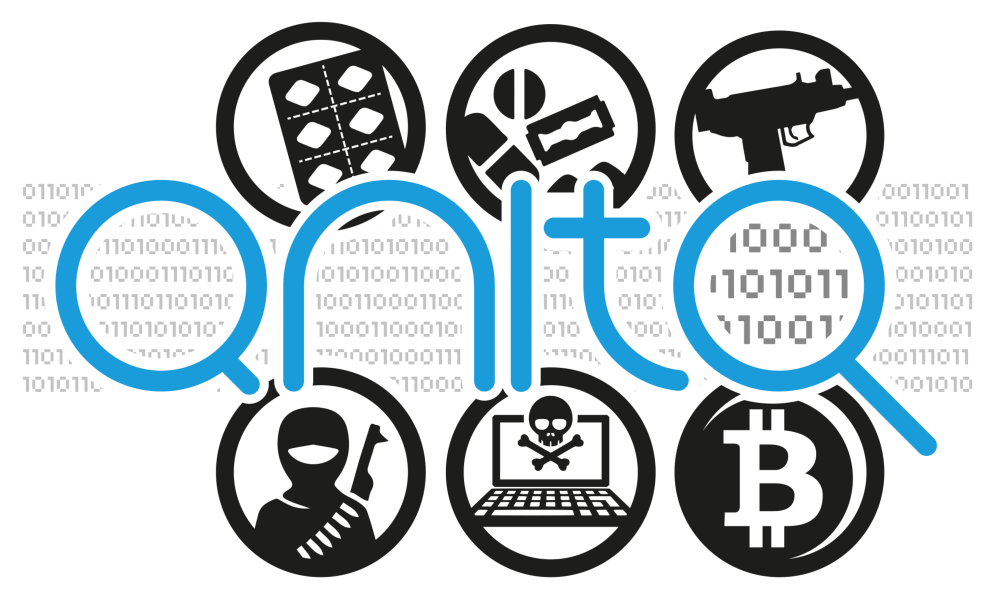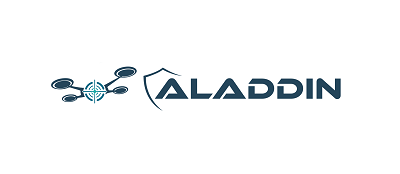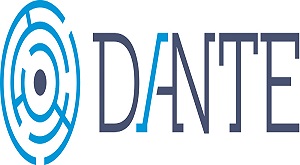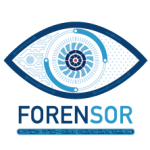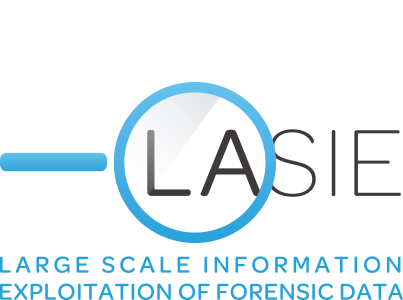first RESponder-Centered support toolkit for operating in adverse and infrastrUcture-less EnviRonments

RESCUER
RESCUER aims to design and develop a First-Responder-centered technology toolkit that will empower the next-generation of First Responders (FR) by enhancing their operational capacity and safety, specifically in adverse conditions, both environmental and infrastructure-wise. Adopting the “HERO” (enHanced nEw eRa first respOnder) concept, RESCUER will deliver a toolkit offering:
- sense augmentation through enhanced sensorial input,
- precise and infrastructure-less self positioning
- cognitive support and multi-sense AR interfaces, improving their focus and capability to utilise information and
- robust ad-hoc intra-team communications for both verbal and data exchanges, all delivered over enhanced power and communication autonomy features.
Extending the above capabilities, through the concept of a building black box, RESCUER will also introduce the capability of extracting environment information “in situ and infrastructure-wise”, during a disaster. The project will achieve these goals using lightweight, non-obtrusive, and natural interaction with devices and sensors that offer additional information layers augmenting human sensing and operational capabilities, rendering FRs better aware of their surrounding conditions and able to make fast and efficient decisions to remain safe in the line of duty. RESCUER will employ a rigorous process for validating the tools developed, through field tests and three distinct pilots, supervising progression to new technologies and ensuring their adoption by FRs through iterative feedback acquisition and a dedicated provision for reducing cognitive overload.
The ultimate goal of RESCUER is to introduce the next generation of FRs, who will be better protected, connected and situationally aware, with enhanced operational capacity and able to efficiently operate in infrastructure-less environments without power and communications network.


